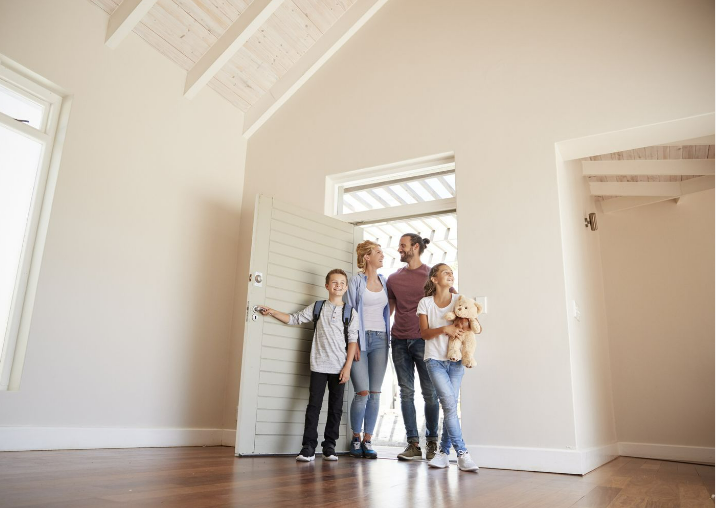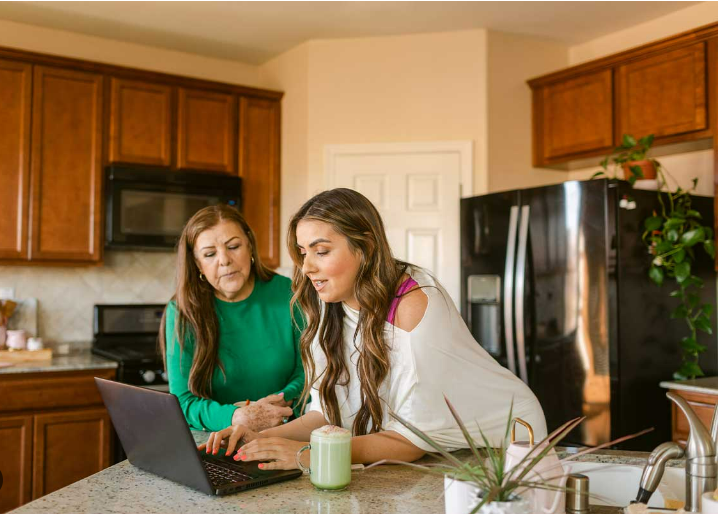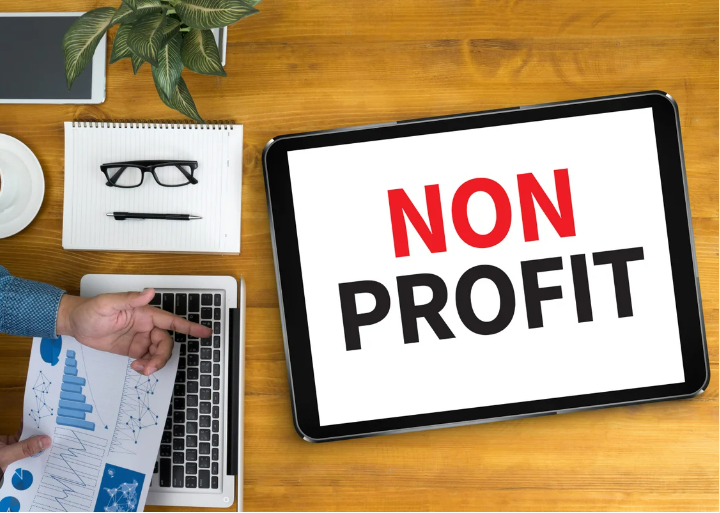All You Need to Know about Open Houses

In real estate, an open house aims to attract as many potential buyers as possible to a property that’s for sale. The listing agent, who is responsible for selling the home, organizes the event and welcomes anyone interested in viewing the property without the need for an appointment.
Preparing a home for an open house can be quite labor-intensive, as you want it to look its absolute best. However, the advantage is that the home needs to be polished and presented only once for the open house, rather than multiple times for individual showings.
What is an open house?
During an open house, a real estate agent or broker conducts a scheduled event where the home is open for public viewing. Interested buyers or curious neighbors can visit anytime within the designated hours without needing an appointment. Typically held on Saturdays or Sundays, open houses are designed to accommodate the greatest number of visitors by avoiding weekday work and other commitments.
Is it different from a ‘broker’s open house’?
Yes. A broker’s open house is exclusively for real estate brokers rather than the general public. During these events, the listing agent showcases the property to other agents with the aim of encouraging them to present the home to their clients.
How do open houses work?
When an agent hosts an open house, anyone interested in the property can come by for a visit. It’s a chance for prospective buyers to explore the home, ask questions, and get a sense of the space.
Buyers might bring an open house checklist to keep track of details and decide if they want to revisit the property for a more in-depth look.
Open houses are typically informal events, often featuring refreshments and informational flyers from the listing agent, creating a relaxed, almost social atmosphere. However, this can also attract non-serious visitors and curious neighbors who may not be in the market to buy.
Do they help a home sell?
An open house is an effective way to draw in a large number of potential buyers at once, potentially increasing interest and speeding up the sale. However, while attracting more visitors can boost your chances, it doesn’t necessarily lead to more offers. An open house is a valuable marketing tool, but it doesn’t guarantee a sale.
A note about security
Security can be a concern during open houses, especially with many strangers entering and exiting the home simultaneously. This is particularly relevant in high-end neighborhoods that might attract thieves. Before hosting an open house, it’s wise to take sensible precautions: secure or remove valuables and discuss any concerns with your agent if you feel uneasy.
Pros and cons of holding an open house
While attracting many potential buyers has clear advantages, there can be drawbacks to having crowds of people exploring your home, especially if you’re still living there.
Pros
- More Buyers: Open houses increase the visibility of your home to a larger pool of potential buyers, which can lead to more offers. Check with your agent about their strategy for following up with serious prospects.
- Less Pressure: They allow buyers to explore the property at their own pace, without the formality of scheduled private showings. Open houses are generally more relaxed and less intimidating.
- Providing Information: Attendees can ask questions directly to the listing agent, and if they like what they see, they can arrange for a private showing to examine the home more closely.
- Gauging Interest: For a new listing, an open house provides insight into how interested buyers are. The level of attendance and feedback can help determine if the property might sell quickly or if a price adjustment might be necessary.
Cons
- Prep Work: Preparing for an open house is labor-intensive, requiring the home to be in pristine condition. This often involves extensive cleaning, tidying, and possibly home staging.
- Making Yourself Scarce: The homeowner usually needs to be absent during the open house, which means coordinating a time when the entire household, including pets, can be away from the home.
- Can Attract Non-Buyers: The casual nature of open houses may draw curious onlookers or nosy neighbors in addition to serious buyers. A skilled agent can help distinguish between genuine prospects and the merely curious.
- Security Risk: Open houses involve having strangers roam your home without your presence. Although the listing agent monitors the event, the risk of valuables being mishandled or stolen increases. It’s wise to secure or remove valuable items before the event.
How to find open houses

There are several ways to find open houses near you, depending on how serious you are about your home search. For those who are casually browsing or just starting their search, online resources are a great option. Many real estate websites list open house details, and these events are frequently promoted on social media.
However, if you’re actively searching for a home, it’s beneficial to work with a local real estate agent. An experienced agent will have access to additional resources and information that you might not find on your own, making your search more efficient and targeted.
Are they only held on weekends?
To maximize foot traffic, open houses are usually scheduled on Saturdays and Sundays, when most people are free from work. However, open houses can also take place on weekday evenings to accommodate different schedules and increase visibility.
Do you need a Realtor to attend an open house?
No, you don’t need a real estate agent to attend an open house. However, if you’re working with an agent, it’s beneficial to have them accompany you or at least inform them of your visit. They can help you evaluate the home’s features, the neighborhood, and the pricing. Their expertise in the local market and knowledge of the property’s history can provide valuable insights.
Note: Following a recent federal lawsuit settlement involving the National Association of Realtors, agents will soon need a written agreement with clients before showing homes. This won’t impact your ability to attend an open house on your own, but if you want an agent with you, a formal contract will be required.
In Conclusion
When a home is listed for sale, the listing agent typically hosts an open house to draw in potential buyers and give them a chance to view the property. Open houses provide buyers with a valuable opportunity to explore various homes in their preferred area without feeling pressured. While they can generate interest and help a property sell, they can also be challenging for the seller, especially if they are still living in the home.



